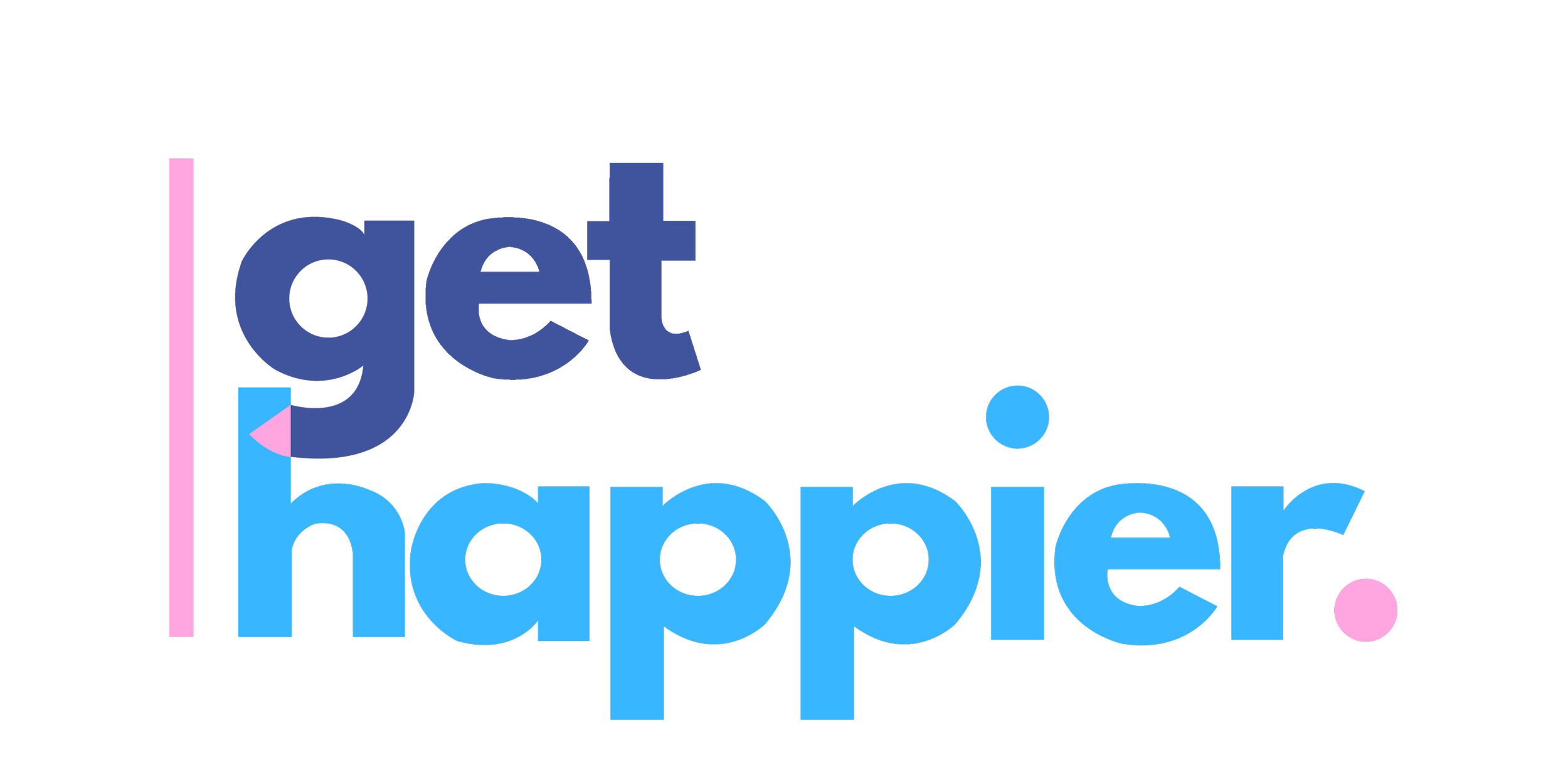Get Happier
RELEASE DATE: 30 OCTOBER 2023
We would all like to be a bit happier, but sometimes we make mistakes about what will and will not make us feel better. In this free podcast series, Paul seeks to summarise what the science of happiness tells us about how to be happy in 10 episodes, each of around 10 minutes. Each letter of the words Get Happier is the first letter of the title of each episode. This is a not self-help series: this is a guide through the evidence on the causes and consequences of happiness that will help you navigate your own way towards being happier.
The series is brought to you with the support of the LSE.

Duck-Rabbit podcast
Think of this: you’re shown a picture, it's black and white and sort of blurry, and you are asked what animal you see. You look closely and you see that it’s a duck. But if you’re told it’s a rabbit? You can see for a second how someone could think that but it’s definitely a duck.
That’s true of life isn’t it? Think Brexit, Climate change, marmite, and even Covid – once we’ve chosen our tribe, we rarely change our minds and see the other side. Can we even understand how others could come to a different conclusion to us? Do we even know anyone who sees a rabbit when we see a duck? There are many good reasons why we like to see the world in a simple way, stick to that image, and surround ourselves with people who agree with us.
But maybe we could all be happier by embracing difference, or at least from accepting that another point of view exists?
In the Duck-Rabbit podcast, Paul discusses the polarisation problem with members of the public, academics, commentators, politicians and activists to try to understand why we can’t be more understanding of each other. Episode links below, and available wherever you get your podcasts.
1: Marriage and Monogamy
Paul looks at relationships and the judgements we make, specifically when it comes to women. Why do people have such strong views on how women choose to live their lives? Why is marriage and monogamy still seen as the ultimate fairy tale?
He speaks to broadcaster and campaigner Dame Esther Rantzen, writer Joan DelFattore, and behavioural scientist Dr Laura Kudrna. And he’s joined by Rory Sutherland, vice chair of the advertising agency Ogilvy.
2. Security and Liberty
Does more security means less freedom? Has the pandemic fundamentally changed our relationship with the state and what it can tell us to do? Paul speaks to Steve Baker, Conservative MP for Wycombe and Deputy Chair of the Covid Recovery Group B, and Graham Medley, an infectious disease modeller at the London School of Hygiene and Tropical Medicine.
Paul also speaks to Julia Black, Professor of Law at the LSE, and is joined by his friend Rory.
3. Freedom of Speech
Paul asks if it’s ok to cancel someone for something they say or post on social media. Should freedom of speech and expression be protected at all costs – and how do we balance it with protection from bullying and hate?
He speaks to writer and journalist Matthew Syed and journalist Ash Sarkar. Paul also speaks to Shakuntala Banaji, a professor of media and communications at the LSE, and sidekick Rory Sutherland shares his views.
4. Fit or Fat: who cares?
Some of us getting fitter whilst most are getting fatter. The polarisation extends from our own behaviour to the judgements we make. We celebrate the fit and chastise the fat. Paul speaks to endurance runner Nick Butter and to Bruce Sturgell, a plus size model who set up a website for large men. Who is happier?
He also talks to Jet Sanders, a behavioural scientist from the LSE, about why we judge, and to his friend Rory Sutherland.
5. A Question of Class
Is class is fundamental to how people see themselves? Paul talks to two people from very different backgrounds. Lily went to an exclusive boarding school and a top university – and is now a plumber in Glasgow. Dr Wanda Wyporska comes from a working-class background and was raised by a single mum. She went to Oxford University and is now Executive Director of the Equality Trust.
He also speaks to Dr Sam Friedman from the LSE and discusses the issue with his great pal Rory.
6. Better to be born a boy or girl?
This week, Paul looks at gender differences. He talks to the men’s rights activist, Erin Pizzey, about why she thinks life is tougher for men and boys, especially at school. He’s also joined by Caroline Criado Perez, author of “Invisible Women”, about how the world is built by men for men.
He hears from fellow LSE academic Dr Sam Friedman about the intersection between class and gender, and also talks to his friend and colleague Dr Kate Laffan.
7. To live longer - or better?
Paul examines what the last year has taught us about life’s only certainty: death. Has it changed how we think about the lives of older and younger people? Do we want to live longer, or better? He speaks to Brendan McCarthy, who works for the Church of England, and the cancer specialist Dr Karol Sikora.
He hears from Professor Aki Tsuchiya from the University of Sheffield, and Amanda Henwood, a PhD student from the LSE. He’s also joined again by friend and colleague Dr Kate Laffan.
8. Pineapple on pizza - why we care
Paul looks at why we like to take opposite sides - from food to football clubs, and politics to pizza – and why we find it difficult to accept differences of opinion.
He speaks to two people who know a lot about polarisation: Lord Gus O'Donnell, former Cabinet Secretary under Labour and Conservative governments, and Dr Nick Chater, a Professor of Behavioural Science at Warwick Business School and who advises on climate change policy. He is also joined by friend and colleague Dr Kate Laffan.
9. Why do we disagree?
In this bonus episode, recorded in front of a live virtual audience, Paul and his guests discuss the neuroscience and social science behind the polarisation problem. Why do we take sides on so many issues? What makes us want to be part of one group and not another? What drives our judgements, choices and assumptions?
Paul was joined by his LSE colleague Dr Jennifer Sheehy Skeffington, and fellow academics Dr Lasana Harris, Professor Anil Seth, and Dr Tiffany Watt Smith.
This podcast series forms part of the Shaping the Post-COVID World initiative at the London School of Economics and Political Science. It’s about debating the direction the world could and should be taking after the COVID crisis. Duck-Rabbit is a Mother Come Quickly production.


